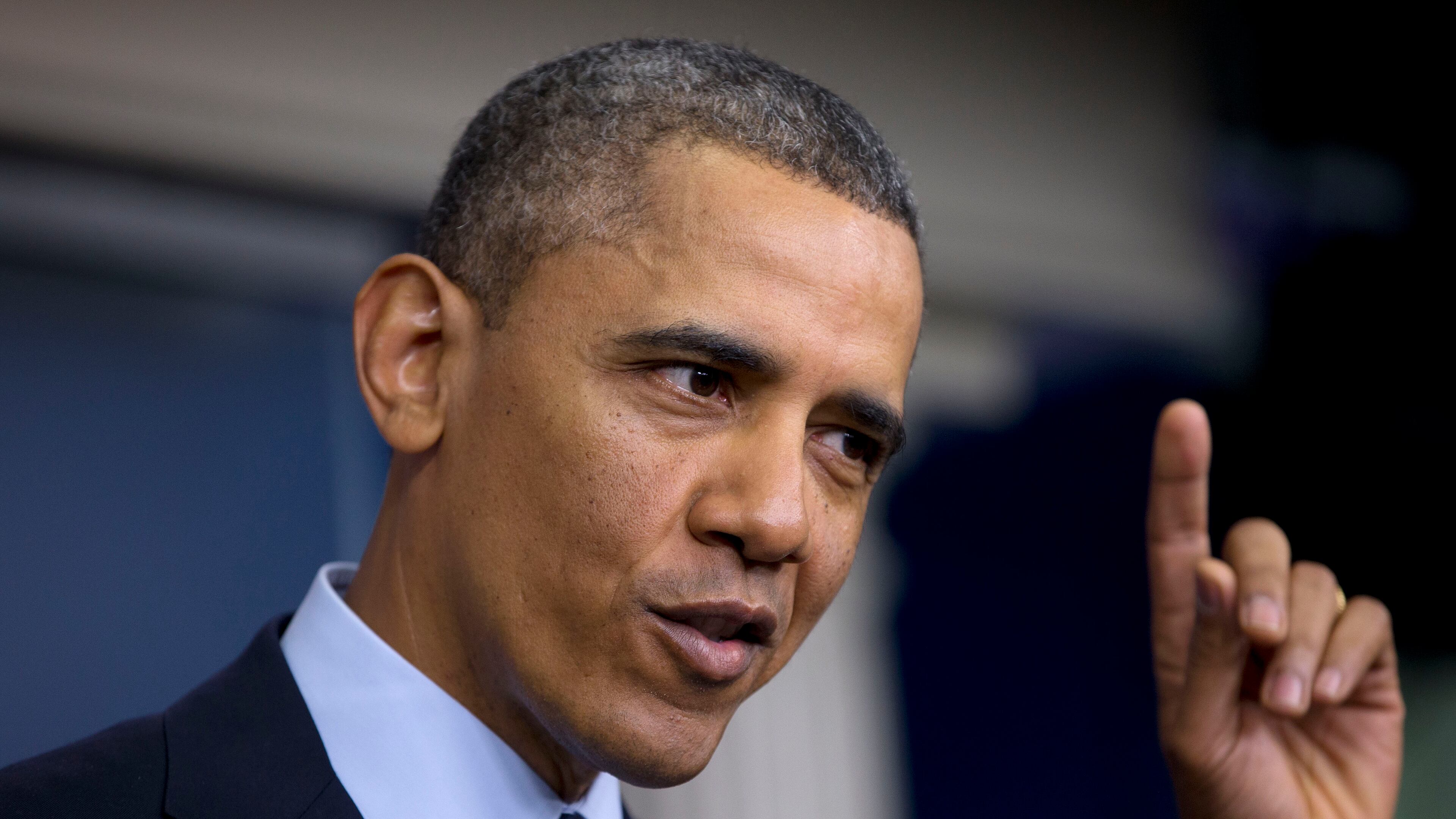Republicans are really going to miss Barack Obama

David Perdue has had one overriding message in his 2104 Senate race, a message that he drives home by repeating it at every opportunity, from debates to TV advertising to public appearances:
Michelle Nunn = Barack Obama.
Perdue has adopted that as his mantra because he has been told that it works, and judging from recent polls, those who whisper that advice in his ear may be right. What was once almost an even race in Georgia has, in its final two weeks, begun to swing slowly back in Perdue's direction, at least if the pollsters have nailed their turnout models.
And it's not just Georgia. Nationally, Democrats are trying to hold onto Senate seats in seven states that were won by Mitt Romney in 2012. So Republicans have of course framed the campaign as yet another referendum on Obama, the final chance for the GOP base to vent its frustration against the president. He is the issue and the only issue.
And again, based on the polls, the strategy seems to be working. According to the number crunchers at FiveThirtyEight and UpShot, the Democrats' chances of holding onto the Senate have fallen in recent days to somewhere between 25 and 30 percent. Three out of 10 may be a good average in baseball; in politics, not so much.
If the races play out as the experts suggest, Republicans will enjoy majorities in both the House and Senate, and with the likes of Tom Cotton of Arkansas and Jodi Ernst of Iowa in the Senate, the makeup of those majorities will be substantially more conservative and even more committed to warfare against Obama than they have been in the past. (That may be hard to believe, but it's true.) They'll want to turn partisan warfare up to 11 on the Tufnel scale, and I doubt that John Boehner and Mitch McConnell will have the standing needed to dial it back.
I'm curious, though: What happens to a party that has defined itself and united itself by ardent opposition to a political figure who will soon be leaving the scene? Obama is the most important person in Republican politics since Ronald Reagan -- no one else comes close. In a perverse way, he is their leader. His looming presence as the GOP's "bête noire" has allowed the party to paper over its own internal differences, to disguise its own lack of a policy agenda, and to postpone needed but painful adjustments to economic, cultural and demographic reality. He is the radioactive source of almost all of the energy that animates the GOP, and with Republican victories tomorrow, he is guaranteed to continue in that role for the next two years.
But that brand of politics has an expiration date that is fast approaching.
